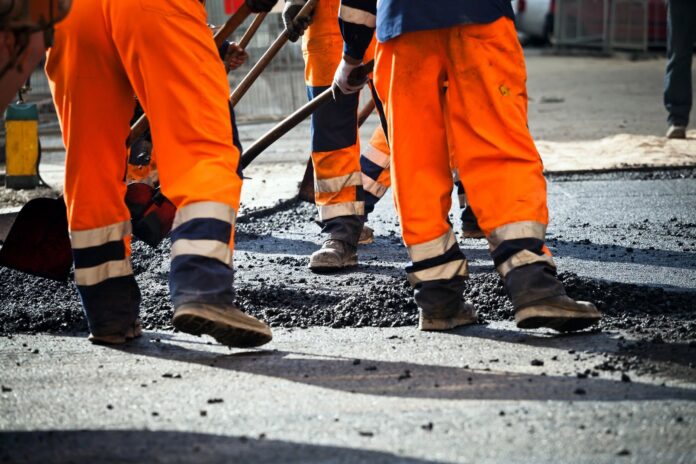From: Jeff Ings <jings@milwpc.com>
Sent: Saturday, August 3, 2024 8:54 AM
To: Richard.Downey@grandchutewi.gov
Cc: jason.vaneperen@grandchutewi.gov
Subject: Concern – Community Survey
Hi Richard,
I learned that in a workshop session held this week that the Town Board would like to include a question in a planned community survey asking residents if they support the idea of using special assessments for road improvement projects, but with a cap of $5,000. If this is true, I am concerned that we would be asking residents a question about a topic that would appear to have many current legal questions. As Administrator, I recommend that you find out more about the legal use of special assessments for funding road projects before a survey is sent asking residents to weigh in on the topic. I don’t think we should ask residents for input about a matter unless we are confident that the subject of the questions are in total compliance with Wisconsin Statutes. With the information we currently have about special assessments, I don’t believe that is the case.
If we ask residents if they support the use of capped special assessments to fund road improvement work, and if a majority support the idea, it implies that we would specially assess all roads. However, the Wisconsin Statutes read that special assessments can only be levied where a benefit is “local” in nature, rather than for a project benefitting the “public at large.” If this is a correct reading and interpretation of the law, it would seem that perhaps some roads could be specially assessed, but others could not be specially assessed. If only some roads can legally be specially assessed, our survey should reflect that reality.
It appears that another requirement of a legal special assessment is that it must convey a “special benefit” upon a property. This special benefit appears to be further defined as providing an “uncommon advantage” to the property. An uncommon advantage is a benefit that is rare or unique in nature. This special benefit would seem to set the property apart from other properties. As an example, if a road improvement is made that abuts 50 properties, it seems like the benefit would need to be unique for each property. Additionally, the statutes appear to read that the special benefit must differ from property to property in an “in-kind” manner rather than in “degree” or quantity. This would seem to suggest that the difference in any benefit that is received by a property as a result of a road project cannot merely be due to a difference in the size of the properties. If this is a correct reading and interpretation of the law, and if residents elect to support the use of special assessments for road improvement projects, what is the Town’s plan to meet the special benefit requirement?
An additional requirement of a compliant special assessment is that the amount of any levy must be “reasonable” as determined by the assessing body. It appears that mere equal treatment, such as a formula calculating an amount based on “front-footage of a property” or an “area assessment” does not, in and of itself, constitute reasonableness. Obviously, for that reason, a capped special assessment amount would also not appear to meet either this test or the special benefit test. If this is a correct interpretation of the law, we, as a Town, should have a plan in mind about how we would address the test of reasonableness before we would ask residents for their input about capped special assessments.
Something else I believe we should consider before including a special assessment question on a community survey involves the use of Wisconsin “police powers” as a basis of specially assessing. It sounds like police powers, rather than the Wisconsin “taxing powers” have been used almost exclusively by Wisconsin municipalities since perhaps the 1970’s. However, is specially assessing for routine, ongoing road improvement projects a proper interpretation and use of police powers? Police powers have traditionally been used to ‘keep the peace and provide safety.’ While improving the condition of a road may make it more safe, one really needs to question whether municipalities have been over-extending the definition of police powers if they are used to fund routine public works projects. Do we, as a community want to follow this practice? Is the practice of using police powers as a basis for using special assessments to fund public infrastructure projects following the moral high ground? If there would be a successful court challenge prohibiting the use of police powers for routine public improvement projects, are we prepared to use the taxing powers option to specially assess?
I hope you agree that these and other potentially existing legal questions regarding the use of special assessments to fund Town public infrastructure projects should be answered before we ask our Town residents to respond to questions about such use, including the use of special assessments to fund road improvement projects.
Thanks,
Jeff Ings
Grand Chute


